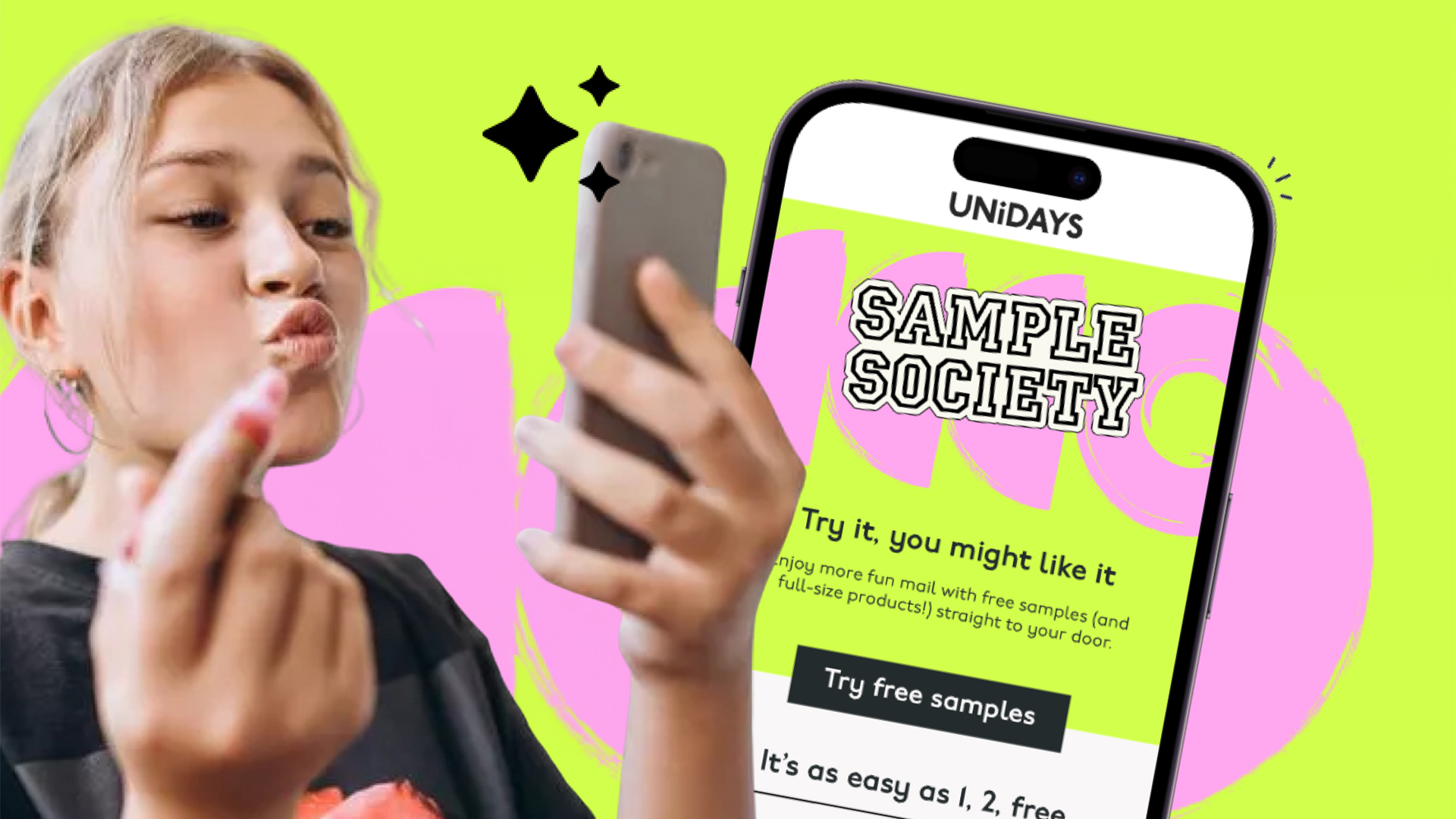Exkluzywne próbki produktów
When we think about exclusive product samples, we often imagine being at the forefront of innovation and quality. Exclusive samples are an excellent way for businesses to showcase their products to potential customers. They provide a unique opportunity for consumers to experience the benefits of a product before committing to a purchase. Moreover, these samples can play a crucial role in brand promotion, customer engagement, and market research.
This article will delve deep into the world of exclusive product samples, exploring their significance, the types available, best practices for sourcing them, and more. In particular, we will cover the following sections:
- The Importance of Exclusive Product Samples
- Types of Exclusive Product Samples
- How to Source Exclusive Product Samples
- Marketing Strategies Involving Samples
- Challenges with Exclusive Product Samples
- Case Studies of Successful Sample Campaigns
- Conclusion and Next Steps
The Importance of Exclusive Product Samples
Exclusive product samples serve as a tangible representation of a brand’s quality and commitment to customer satisfaction. They can boost consumer confidence, foster brand loyalty, and explore new market segments without significant investment. By allowing potential customers to try before they buy, brands can effectively reduce perceived risk, making it more likely that consumers will convert into paying customers.
According to a recent survey, 70% of consumers are more likely to purchase a product after trying a sample. This statistic underscores the power of product sampling in marketing strategies. The ability to physically engage with a product creates a personal connection, enhancing brand recognition and increasing the likelihood of positive word-of-mouth referrals.
Types of Exclusive Product Samples
Free Samples
Free samples are perhaps the most common type of exclusive product sample. They are typically offered at events, through direct mail, or as part of an online promotion. Brands use free samples to introduce new products or encourage trial of existing ones.
Trial Size Samples
Trial size samples are smaller versions of products that allow consumers to experience them without committing to a full-size purchase. These samples often come with attractive packaging, enhancing the consumer’s perception of the product.
Exclusive Collaborations
Some brands collaborate with influencers or celebrities to create limited edition samples. This exclusivity can drive interest and anticipation, leading to increased brand visibility.
How to Source Exclusive Product Samples
Finding the right product samples can be challenging, but understanding how and where to source them can ease this process. Here are some effective strategies:
Direct Partnerships with Manufacturers
Establishing direct partnerships with manufacturers can provide exclusive access to product samples. Brands can negotiate sample quantities and terms directly, ensuring they meet specific marketing goals.
Trade Shows and Industry Events
Trade shows are an excellent source for exclusive samples. Attending these events allows brands to connect with suppliers, see new products firsthand, and often request samples directly.
Online Marketplaces and Platforms
Utilizing online platforms that specialize in product samples can save time and streamline the sourcing process. Websites like Rocket Lawyer provide templates and agreements that can facilitate sample distribution arrangements.
Marketing Strategies Involving Samples
Social Media Promotions
Social media is a powerful tool for promoting exclusive samples. Brands can run giveaways or contests that require participation to receive a product sample, effectively increasing engagement and expands their reach.
Sampling Programs
Implementing structured sampling programs can systematically introduce products to consumers. Brands can gather data to understand consumer preferences, boosting future marketing efforts.
Challenges with Exclusive Product Samples
While offering product samples has undeniable advantages, there are also challenges brands must navigate.
Cost Management
Providing free or deeply discounted samples can lead to significant costs. Organizations need to find a balance between effective marketing and budget constraints.
Logistical Issues
Distribution can pose logistical challenges, particularly for brands with limited resources. Efficiently managing inventory and shipping can hinder the sampling process.
Case Studies of Successful Sample Campaigns
Analyzing successful case studies gives insights into the effectiveness of exclusive samples.
Case Study: Beauty Brand Sampling Initiative
A leading beauty brand launched a campaign to distribute free samples through subscription boxes. This effort resulted in a 30% increase in website traffic and a noticeable uptick in sales.
Case Study: Food Product Launch
A new snack brand utilized in-store sampling and partnered with local grocery chains. The initiative led to rapid brand recognition and a substantial increase in the product’s market share.
Conclusion and Next Steps
Exclusive product samples remain a vital aspect of modern marketing strategies. They offer brands the opportunity to engage consumers, build loyalty, and ultimately drive sales. By understanding the various types of samples, sourcing methods, and effective strategies, businesses can leverage product sampling to their advantage.
For those interested in exploring further, check out these links for more insights: Sample Product Distribution Agreement and Another Resource on Product Sampling.

In conclusion, engaging with exclusive samples can be a game-changer for your brand. Continue to explore innovative ways to incorporate sampling into your marketing strategy and watch your reach and effectiveness expand.
